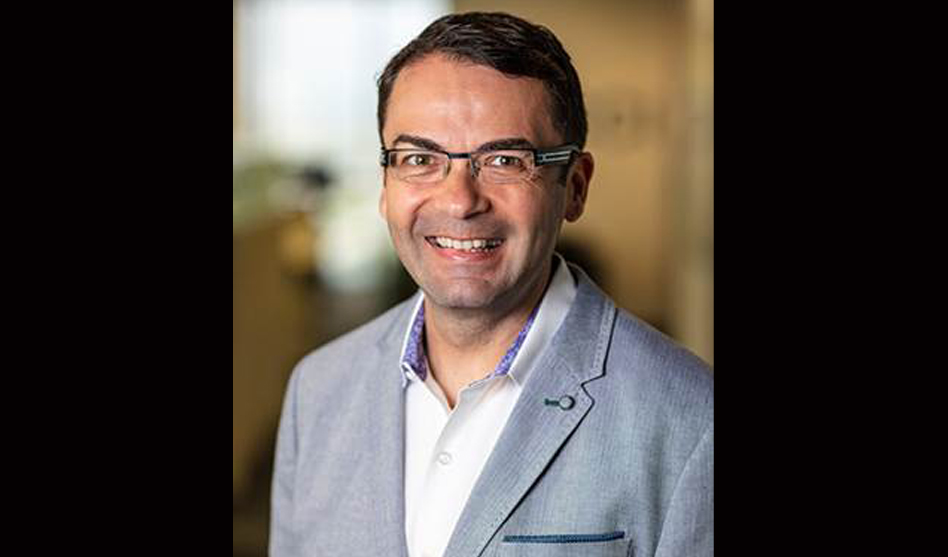
Steve Miff, CEO, Parkland Center for Clinical Innovation
As of July 4, Dallas County had “reached the 80 percent [COVID-19] herd immunity threshold,” Steve Miff, CEO of the Parkland Center for Clinical Innovation. But the county still has work to do in its ongoing battle against the pandemic, and vaccinations are key.
The threshold, Miff explained, was reached by 46.6 percent of the county’s population having been vaccinated and 48.7 percent having developed natural immunity by recovering from a COVID-19 infection.
But he stressed, while this benchmark represents “good progress, it is important that we understand the work is not over. We must continue to push for vaccinations so COVID and its variants can’t again take hold and diminish the progress we’ve made. Reaching the 80 percent herd immunity rate is not like flipping a switch, but a continuum in our journey. It is an important accomplishment which is a credit to the residents and public health leaders who have committed themselves to crush COVID.”
Miff also went on to note that while the community on average has reached the 80 percent mark, “there are only 49 ZIP codes above the 80 percent threshold, with 45 ZIP codes still below the 80 percent mark. There are still significant pockets in the community that remain vulnerable.”
Dallas County health department numbers show that about 62 percent of the residents of the Oak Lawn/Cedar Springs gayborhood have been vaccinated.
Miff warned that the Delta variant is predicted to make up about 25 percent of local COVID-19 cases, doubling about every two weeks. That means that within a month, Delta variant cases could be in the range that has caused a new wave of infections in the United Kingdom “though their estimated herd immunity was below the herd immunity threshold for Delta.”
He said, “The significantly higher viral loads and more infectious nature of the Delta variant could put the herd immunity target as high as 88 percent to suppress infection spikes when the Delta variant becomes the dominant variant in a few weeks’ time.”
Miff also warned that Dallas County continues to lag behind on vaccinations, with only 38 percent of the county’s total population having completed vaccination series, and only 47 percent having received at least one dose.
“While previous infections and partial vaccinations do provide a level of protection, all evidence suggests that full vaccinations are the most effective way to stay safe against the Delta variant.
Miff said that infections remain very low among those who have been vaccinated with local data from both Parkland and Dallas County Health and Human Services indicated that an infection rate of only 0.04 percent among those who are fully vaccinated. And, he added, “Getting vaccinated doesn’t only protect you, but those around you, including the children who are not yet eligible for a vaccine.”
He continued, “Long COVID [prolonged COVID-related symptoms such as fatigue, brain fog, muscle pain, shortness of breath and loss of taste and smell] is prevalent in 10-30 percent of those infected, and mortality for those unvaccinated is still a concern. Not getting vaccinated is rolling the dice on dying or dealing with long-term medical issues.
“The message is simple: Don’t wait to get vaccinated. For those still hesitant, the safety and efficacy studies to date are overwhelmingly positive. There are also two key upcoming milestones that should give further confidence to those who remain hesitant: full FDA approvals for the mRNA vaccines expected in the upcoming weeks and approval for the under 12-year-old groups in the fall.”
Monitor herd immunity and vaccination progress in Dallas County at PCCI’s COVID-19 Vaccination and Herd Immunity Dashboard online here.












Dallasites have become good liberals and have done what they have been told by the gustapo.